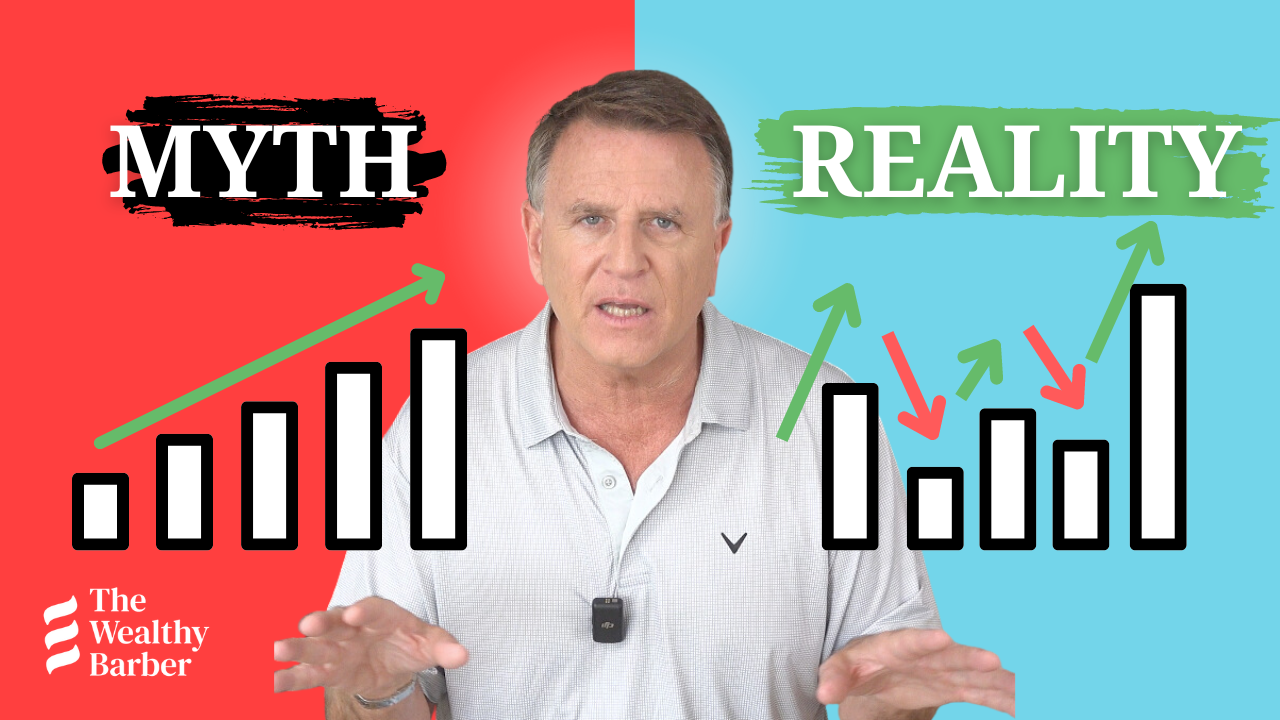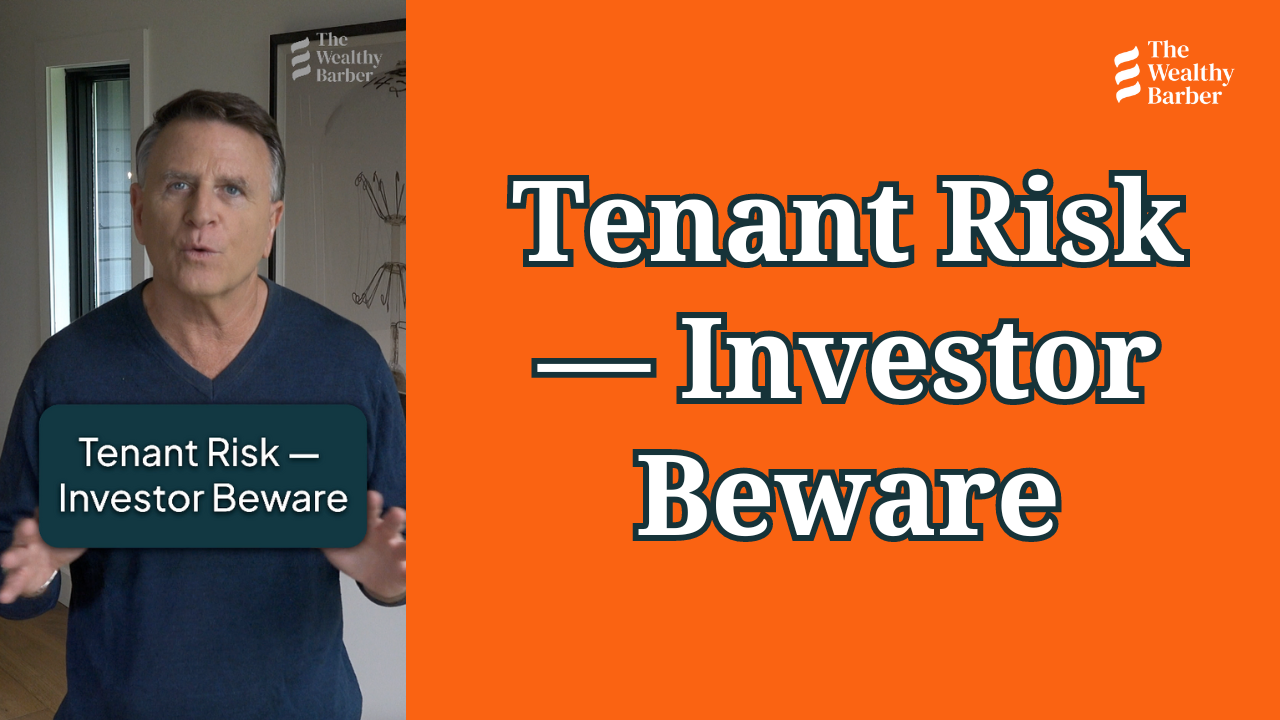Own vs. Loan—All Investments Fall into These Two Categories
This simple way to think of the world of investing can really help to take the intimidation out of all the choices. Basic but helpful.
You know when I was very young, first entering the financial world, someone explained to me that all investments can be categorized in one of two ways. Put into one of two baskets. And I’ve never forgotten that lesson. In fact, I’ve shared it many times.
When you go to invest you can either loan or you can own.
That’s it. Two options.
All investments fall into one of those two camps.
Buying a stock. Own. You now own a piece of that company. Purchasing a government bond. Loan. You’ve lent money to the government in return for an agreed-upon interest rate. Picking up some gold coins or some Bitcoin. Own. That gold is yours and no one else’s.
Same with Bitcoin. Like with all ownership though, you have to store your new possessions. Safety deposit box. Digital wallet. Whatever. Heck, you could put the gold coins under your pillow. You own them, your call. What’s your address?
What about putting money in a bank account? That’s not really loaning or owning, is it? Yes, indeed it is.
When you place dollars in that account, you’ve actually been lending the bank money. It’s your asset, but it’s their liability. They have to give it back. Or they’re in big, big trouble. People often say to me what about a mutual fund or an ETF? Is that a loan or an own? Bit tricky in that mutual funds and ETFs aren’t technically investments, they are ways to invest. They pool our capital and then buy investments with it. But all those underlying investments… well, either own or loan. If it’s an equity fund, own, as it’s a collection of stocks and publicly traded companies. If it’s a group of corporate bonds, loan.
Collectibles? Own. Farmland? Own. Fine wine? Own. Well, unless… Micro-loans to entrepreneurs in developing countries? Loan. If you didn’t get that one with the word “loan” right in it. What about TFSAs or RRSPs? I’m often asked that. Well, they are not investments. They are investment containers. You place investments in them to gain tax advantages.
And guess what all those investments have in common? That’s right—own or loan. This is basic stuff I admit, but I have found it very helpful to people in gaining understanding of how the investment world works. To see it more clearly. To demystify it a bit. And that, of course, is a good thing.
So, one more example. You agree to forward your cousin Jimmy $1,000 because he thinks he finally has a system to win at sports gambling. Loan or own? Neither. That’s a gift. The money is gone.
Feel Confident About Your Finances
Sign up for our Weekly Round-Up of new videos and podcasts released over the past seven days. We won’t spam you or try to sell you a course—promise!




